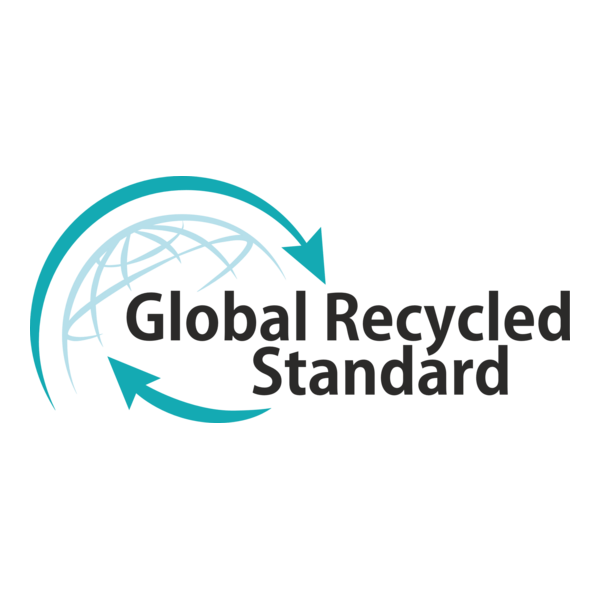Assessment, Training & Certification Services.
Global Recycled Standard (GRS) Certification – Verified Sustainability from Recycled Materials
What is GRS Certification?
The Global Recycled Standard (GRS) is an internationally recognized certification that verifies not only the recycled content in products but also ensures responsible environmental, chemical, and social practices across the supply chain.
Unlike basic recycled content standards, GRS provides a comprehensive framework for sustainable and ethical production — from raw materials to final labeling.
Why GRS Certification Matters
As sustainability and transparency become global priorities, GRS certification helps businesses:
Prove the use of recycled content
Ensure supply chain traceability at every stage
Comply with chemical restrictions and environmental standards
Demonstrate social accountability and fair labor practices
Meet retailer and buyer requirements worldwide
Strengthen credibility and avoid greenwashing
What Does GRS Cover?
GRS certification goes beyond recycled inputs, covering:
Recycled Material Verification – Tracks both post-consumer and pre-consumer recycled inputs
Chain of Custody – Ensures traceability through every production step
Restricted Substances – Prohibits harmful chemical use in processing
Social Responsibility – Protects workers’ rights, health, and safety
Environmental Impact – Encourages efficient use of water, energy, and waste reduction
What Products Can Be GRS Certified?
GRS applies to a wide range of industries, such as:
Textiles & Apparel – Recycled cotton, polyester, nylon
Fashion Accessories – Bags, belts, wallets
Yarns, Fabrics & Trims
Home Furnishings & Decor
Packaging Materials – Paper, plastic, blended materials
Lifestyle Products made from recycled inputs
GRS Certification Process
Recycled Input Validation – Verification of recycled sources and materials
Chain of Custody Audit – Certification at each stage (spinning, dyeing, finishing, etc.)
Social & Environmental Audit – Compliance with labor, safety, and sustainability criteria
Testing & Compliance – Verification of chemical restrictions and safe processing methods
Labeling Approval – Certified products can display the official GRS logo
Benefits of GRS Certification
Recognized proof of recycled content and ethical production
Stronger supply chain transparency and accountability
Access to eco-conscious global markets
Enhanced brand reputation and consumer trust
Alignment with circular economy and sustainability goals
Right to use the GRS label on certified products
In summary:
The Global Recycled Standard (GRS) ensures not only that recycled materials are genuine, but also that production is safe for workers, the environment, and end consumers. It is a trusted standard for businesses committed to sustainability, transparency, and responsible sourcing.
